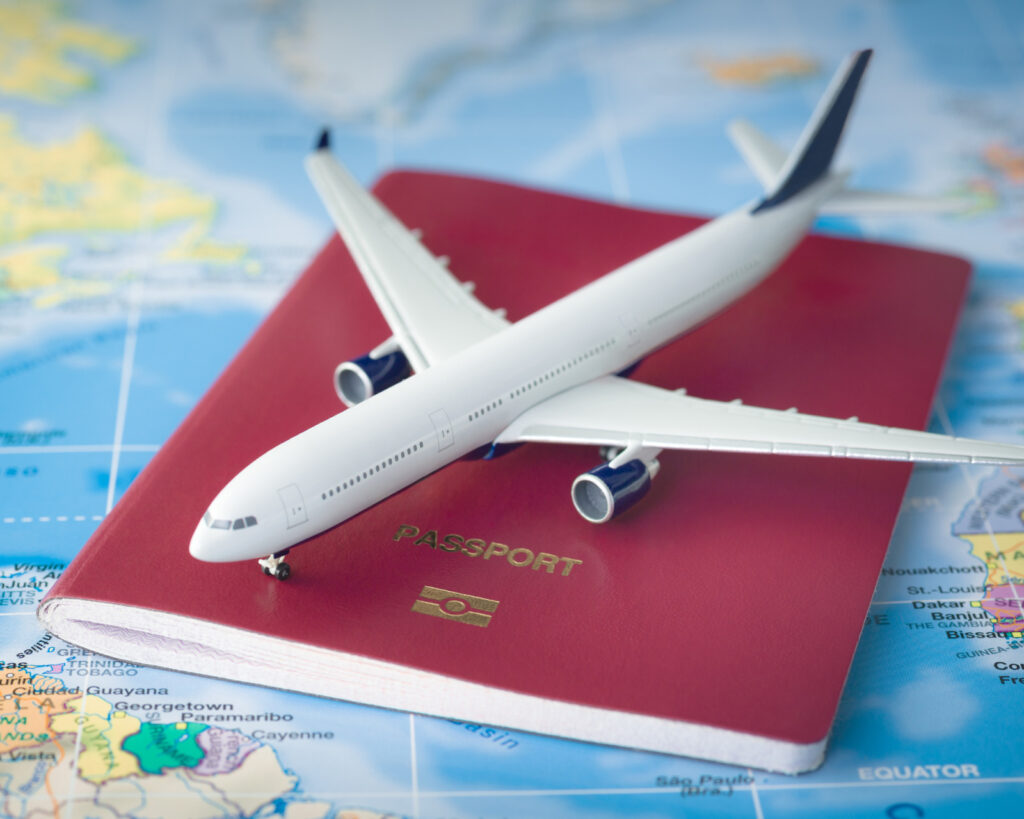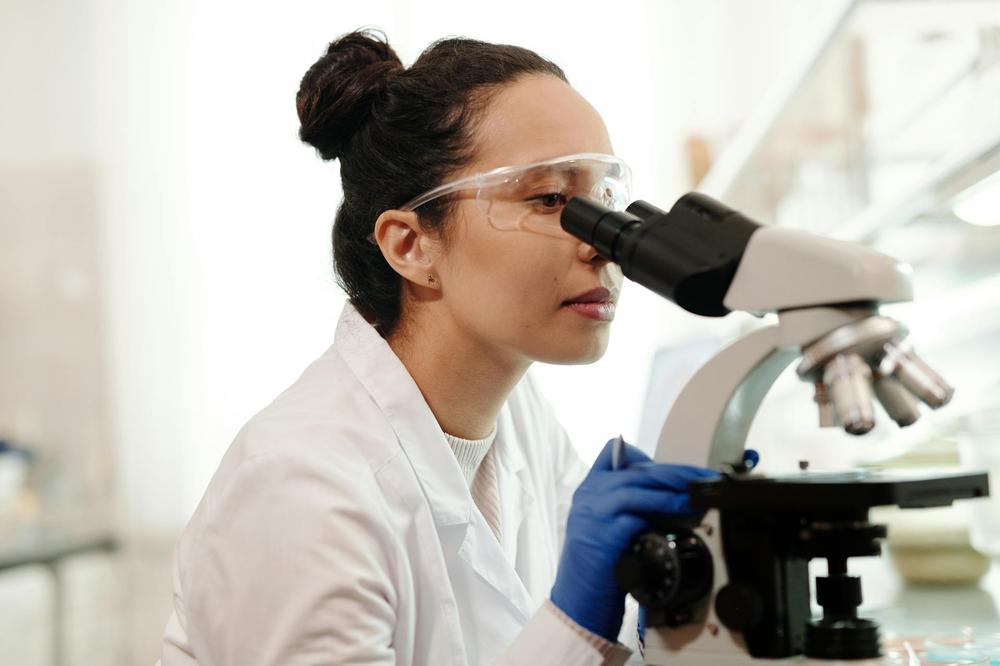How to Prepare for Your Studies in Europe - The Ultimate Checklist

Table of Contents
Securing a spot at a medical university abroad is a great achievement, and your programme will start soon. We have pulled a checklist to help you prepare for your studies in Europe. Read on to find all the essential planning you need before starting your medical journey.
BEFORE DEPARTURE
Essential documents
The first thing to do when preparing for your studies abroad is to ensure you have all the necessary documents, papers, applications, etc., with you.
A valid passport is a must. Check if yours is valid, or contact your local embassy and apply for one.
Depending on your study abroad destination, you might also need a passport and visa to enter for your medical studies. Usually, getting a student visa is fairly easy, and you can find all the details on the embassy or consulate website.
The standard documents needed to study abroad are:
- Personal documents - Valid passport, Student visa, other IDs;
- Academic documents - Letter of confirmation, letter of enrolment, other documents; you can check with Medlink Students’ advisors what type of documents you need;
- General documents - Health insurance, Proof of finances, etc.
Health and travel insurance
Insurance for studying medicine in Europe is optional, and various options are available if you decide to get one. Travel insurance can come in handy in cases like stolen or lost luggage, transport delays or cancellations, property damages, etc.
In case of an emergency or a problem, having health insurance can make you and your family feel more at ease. Unfortunately, illness and injury happen occasionally, so there is no harm in being prepared.
- Accommodation
Once you have prepared and organised all the documents and insurance, you will have to arrange your accommodation for your study in Europe.
Living abroad means you must decide whether to live on or off campus. The choice of accommodation depends on your preference, so here are the choices:
- On-campus - university dorms
Most of the best medical schools in Europe offer dormitories to their international students. You can check the university’s office to find out what you need to do to secure a room or simply talk to one of our expert advisors for more information. Living on campus is convenient and often the more affordable option. What’s more, you will be surrounded by fellow international medical students.
- Off-campus - private accommodation
Living off-campus is often more expensive than living in university dorms and more difficult to arrange. However, if you rent a room privately, you will have more control over where you end up and who you live with. Our team can assist you with finding the right place.
- Travel arrangements
This is obvious on the study abroad checklist, but you need to book your train, bus or plane ticket before travelling. Booking your tickets in advance can cut some expenses so that you can put those aside for your medical study abroad.


Another thing you can do ahead of time is research the location of your studies. Learn about the people, culture, history and places you must see. Looking at maps of the area before travelling and practising the most common phrases of the local language can help you feel more at ease and less worried.
Finance
Getting to that stage means you have probably already covered your initial costs, like application and agency service fees; you may have even paid an accommodation deposit. Yet, you must think of your future expenses and finances at the earliest opportunity to avoid being in a foreign country with no money.
Whilst European medical universities' tuition fees are affordable compared to the ones in the UK or the United States, you will need to be able to handle the additional costs.
A set monthly budget would help you and your family handle the expenses. Also, you can explore possible part-time work opportunities in the country where you are studying.
Another idea is to have some local currency with you when you leave, at least until you set up a bank account if you don’t have one already, and start transferring funds. Ensure your debit or credit cards are with you.
POST-ARRIVAL
Registering
Enrolling at the university where you will study is a must. Also, in some European countries, you must register with the local authorities within a week or two of your arrival. It is a straightforward process - ensure you have all the necessary documents and papers.
Moving in
If you have already arranged your accommodation, check what you need to do to collect your keys. Usually, you will have to fill in regular forms upon moving in. Make sure you know what they are for and what they mean to you; also, check the room’s inventory before approving an. Reporting any damage as soon as you find it will help you avoid losing the deposit you've already paid.
Socialising
Studying abroad might be challenging until you settle and make new friends. We advise you to join Facebook groups and find university student clubs you can sign into. Interacting with other international students or locals will help you build new friendships, expand your network, and so much more.
Many medical universities in Europe arrange social events within the first few weeks of the programmes, which is another great opportunity to meet fellow students. Socialising while studying in Europe is a great way to build relationships with other medical students and a strong network that will benefit you in the future.
Studying
Dental and medical studies are challenging programmes that require your undivided attention and full dedication. The academic culture in Europe is very similar, yet very different from that of the UK or the US, and you will spend a lot of time in pre-clinical and clinical classes.


The best advice here would be to research your study programme curriculum and get familiar with the closest libraries, study clubs, etc., which will make studying easier. Developing healthy studying habits would help you achieve your goal of mastering the doctor's degree.
Work
Opposite to the common myth that you won’t be able to work and study medicine and dentistry, you can seek part-time job opportunities in Europe.
Finding a job after your arrival will help you financially and with your local language skills and meeting new people. However, be careful in managing your time; at the end of the day, you have gone abroad to study.
The free time you will have depends on several main things: the type of work, whether you take extra shifts, and the general living costs in the country. Enjoy the whole experience, study, work, have fun, make new friends, explore, and stay focused on your end goal—your medical or dental degree.
Get ready for your studies
Homesickness, loneliness, cultural shock, and anxiety are the most common challenges that international students usually face when studying abroad.
Studying in Europe can be challenging, yet it is worth it. You will strengthen your character and be ready to deal with any challenges in the future. So, pack your things, run through the checklist and prepare for your studies in Europe.
Leave a Reply

About Medlink Students
Leading international recruitment company for medical students in Europe. British Council Certified Agents. 10+ years of experience and more than 10,000 students advised.








